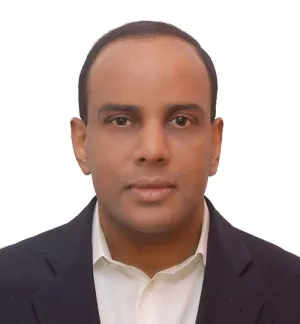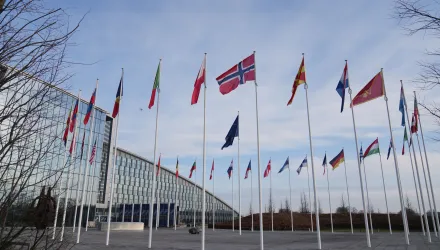Singaporeans, aghast at the recent slaying of schoolchildren by a gunman
in the United States and the gang-rape of a young woman in India, might
well ask whether there is any link between the atrocities and the fact
that those countries are democracies.
The short answer is "no" and the long answer is "yes". Either way, there
is something to be said for the way in which Singapore, which is often
accused of being a weak democracy, seeks to protect its citizens against
wanton violence.
The short answer is justified by the fact that violence occurs in every
political system, whether democratic, autocratic or totalitarian. An
absence of democracy certainly is no protection against being attacked,
whether by the Soviet-era state in Syria or by semi-literate religious
militia in parts of Afghanistan or Pakistan. Dismembered cats found here
in Singapore bear mute witness to the fact that violence occurs even in a
well-regulated state, no matter whether Singapore is described as
authoritarian or soft-authoritarian or anything else.
All societies are about power and so long as power can be established,
maintained or contested through violence, all societies will be marked
more or less by violence. Violence towards animals, particularly of the
psychopathic variety seen in the case of the murdered cats, is violence,
too.
But where the long answer comes in is that democracies, which never tire
of preaching their political superiority, can and do fail spectacularly
when it comes to curbing violence against the weak. This is true of both
the United States and India.
To its critics, America's gun culture is a throwback to its violent
founding by Christopher Columbus. To its supporters, that culture
originates in the right to bear arms which is enshrined in the
Constitution.
Problematically, while that right is a democratic one meant to protect
citizens from the arbitrary violence of the state, in effect it gives
citizens legal access to weaponry with which to kill or main mostly those
without weapons.
No one in his right mind will believe that the shotguns and assault
weapons openly on sale are powerful enough to protect gun-owners should
the American state decide to use even its artillery power - to say nothing
of its strike aircraft or its missiles - to wipe them out. But these guns
and other weapons are lethal enough to kill innocent people, including
children, whom the state is unable to protect from demented but determined
sociopaths because the police cannot be everywhere all the time.
Over in India, democracy is a reality but it is not the only one. There
are contending realities, parallel structures of violence carried out
against women and children along with traditionally oppressed segments of
society such as low-caste tribals and farmers.
In that culture of violence, a woman puts herself at risk when she steps
out of her ascribed role of homemaker, in which she is protected by the
gendered power of a patriarchal society. Her job is to produce dinners and
babies. When a woman and her boyfriend flag down a bus after sunset, she
becomes fair game.
Of course, most Indian males do not think like that, but there are enough
of them in enough places like New Delhi to turn India's enclaves of
lawlessness into jungles of sexual warfare.
Democracy, which is meaningless without at least a degree of gender
equality, is helpless against sexual transgressions rooted deeply in the
male chauvinist mind. As is well-known, mothers can be as responsible as
fathers in engendering ideas of macho virility and moral immunity in their
sons. This is one way in which women seek to find a place in patriarchal
society: by trying to appease its worst male demons of outrageous power
and orgiastic violence.
In both the United States and India, democracy needs to be widened to
include the most vulnerable. It must resist the ethic of violence with an
ethic of rights - the right to life and sexual safety.
Singapore tries to do this by severely limiting access to guns as part of
the social compact that upholds the individual's right to safety.
Similarly, the Women's Charter empowers women and children in real and
practical ways. This freedom from physical violence and sexual oppression
provides a more accurate index of the quality of life in Singapore than
futile imported debates over how democratic it is.
The on-going verbal tussle over the extent of political freedom on the
Yale-NUS College campus is a case in point. Unless students and academics
at the college are incensed by some gratuitous assault on their academic
freedom, it does not really matter what dons think in Connecticut, which
is the site of both Yale University and of the school in which the
children were killed mercilessly.
Private liberty cannot trump public safety.
The writer is chief executive officer of Pereira International, a
political consulting firm based in Singapore.
Pereira, Derwin. “Violence Knows No Political Boundaries.” The Straits Times, January 7, 2013





